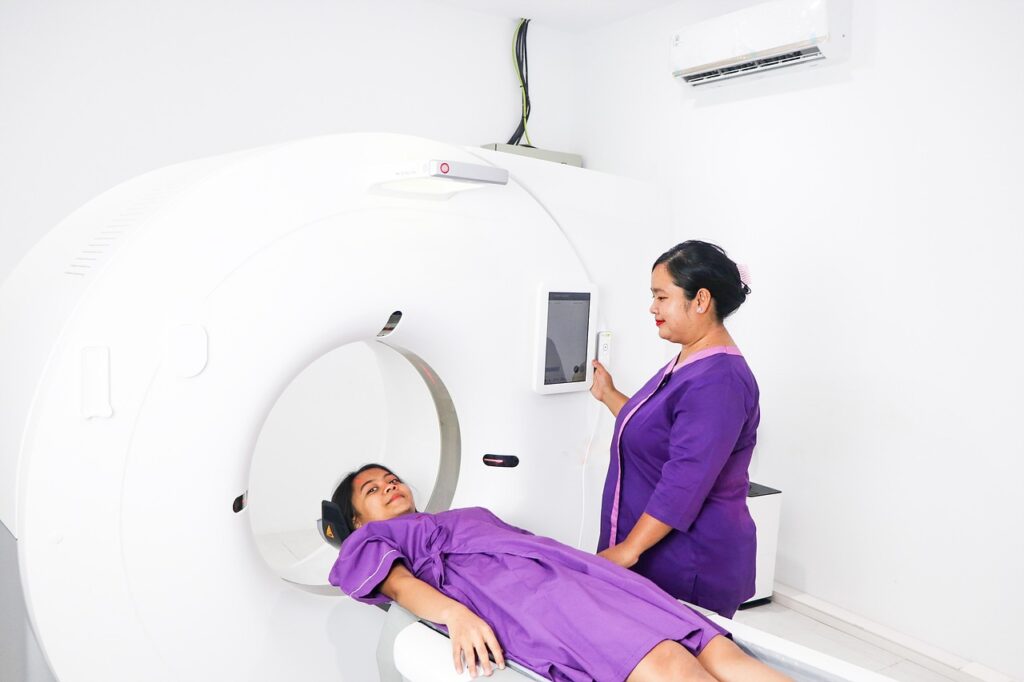Share this Page:
Nearly 30% of new kidney cancer cases are diagnosed at an advanced or metastatic stage, when the cancer has already spread. The use of immunotherapies has significantly improved patient care, but the use of these treatments in the real world has not been widely assessed.
This study looked at the medical records of patients with advanced kidney cancer (both clear cell and non-clear cell) who started treatment in 2018 – 2020. A total of 498 patients were included in the study (201 from US, 62 from Canada, 58 from UK, 59 from France, 58 from Germany, 60 from Spain). Of these, 250 were treated with a tyrosine kinase inhibitor (e.g., sunitinib, pazopanib or tivozanib), 78 were treated with a combination of two immunotherapies (e.g., ipilimumab plus nivolumab), 119 were treated with a combination of immunotherapy plus a tyrosine kinase inhibitor (e.g., pembrolizumab plus axitinib, nivolumab plus cabozantinib, pembrolizumab plus lenvatinib), and 32 were treated with immunotherapy alone (e.g., nivolumab) as their first-line treatment for advanced kidney cancer. 19 patients were given other treatments. More than 8 in 10 patients had intermediate or poor risk disease.
The time to when the treatment stopped working and the cancer started growing again (progression-free survival) and the time to next treatment were significantly longer for patients treated with the immunotherapy combinations compared to treatment with a tyrosine kinase inhibitor. Combinations with immunotherapies also reduced the risk of death compared to tyrosine kinase inhibitors. Combinations of immunotherapy plus tyrosine kinase inhibitor increased the time to when the treatment stopped working and the cancer started growing again and reduced the risk of progression compared to combinations of two immunotherapies. Similar results were seen for time to next treatment.
This study shows that in the clinic/hospital immunotherapy plus tyrosine kinase inhibitor combinations improve progression-free survival, and prolong time to next treatment compared to treatment with a tyrosine kinase inhibitor alone or a combination of two immunotherapies.















